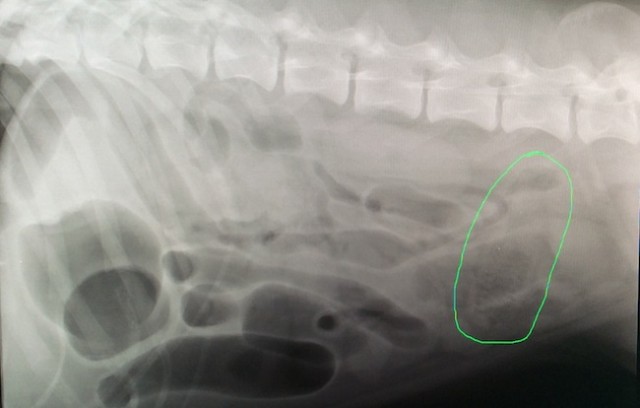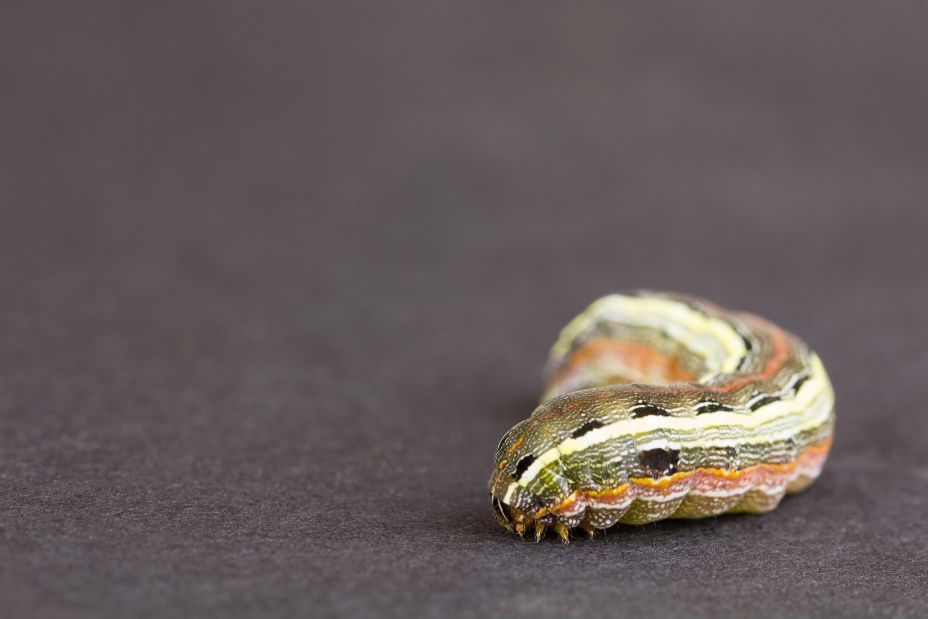Connect with a verified veterinarian in minutes. Licensed vets are available 24/7 to answer your questions. No need to worry about your furry family member.
When you have a lovely home, you want to make it pretty. One way to do that is with houseplants, such as the Aglaonema. If you’re the pet parent of a dog, you know they’re pretty curious about things. And what do dogs do when they’re curious about something? They may mouth it or try to eat it! This includes plants like the Aglaonema. But what happens if a dog eats an aglaonema?
Has your dog eaten some Aglaonema? Are you worried that the Aglaonema will make your dog sick? If so, you’ve come to the right place. We understand it can be scary when your dog eats something like this.
We’ve gathered information about Aglaonema and whether it can make a dog sick. Let’s get started!
What is Aglaonema?
The Aglaonema (also called the Chinese Evergreen) is a houseplant that originally comcameom Asia. There the plants grow in a tropical environment. The plants don’t fare well in cold weather, so they’re most often used as houseplants in North America.
The plants have long, glossy leaves and flowers. In NASA’s Clean Air Study, researchers found that these plants are effective at removing common household toxins such as formaldehyde and benzene.
While these plants are beautiful, what happens if a dog eats an Aglaonema?
Aglaonema & Dogs
Unfortunately, all parts of the Aglaonema plant contain calcium oxalate crystals. These can make a dog quite sick. What’s more, contact with calcium oxalate crystals can cause irritation wherever the substance touches the dog, including his paws, face, mouth, GI tract, and more.
Symptoms of Aglaonema Toxicity in Dogs
You may notice these symptoms if your dog has eaten any part of the Aglaonema:
- Cardiac arrhythmia
- Diarrhea
- Dilated pupils
- Difficult swallowing
- Excessive drooling
- Hoarse barking (caused by throat irritation)
- Labored breathing
- Loss of appetite
- Irritation of the mouth
- Obstructed airways
- Pawing/rubbing at the face or mouth
- Swelling of the tongue and lips
- Vomiting
If you notice any of these symptoms in your dog, call the vet immediately. This is an emergency.
Treatment of Aglaonema Toxicity in Dogs
The vet will check your dog’s mouth and other areas for signs of irritation. If there is irritation, the vet will wash these areas with cool water to remove the calcium oxalate crystals. If your fur baby has only chewed the leaves, this may be all the treatment he requires. The vet may also give your dog antihistamines and a pain reliever to control pain as the irritation heals.
If a more significant amount of the plant has been eaten, the vet will give your dog an IV with fluids to prevent dehydration. They may also give your dog an injection of an antihistamine and provide him with medications that prevent further irritation of the GI tract.
Dogs that have swollen airways may need to be hospitalized until they’re in stable condition and the swelling has gone down.
The prognosis is best for dogs who receive prompt treatment after eating Aglaonema. In the future, it’s best to keep Aglaonema and all houseplants out of your dog’s reach. You’ll both be happier for it!
Connect with a verified veterinarian in minutes. Licensed vets are available 24/7 to answer your questions. No need to worry about your furry family member.

Tom
Tom has always loved to write since he was little - he wanted to be either a writer or a veterinary doctor, but he ended up being a professional writer while most of his works are based on animals. He was born in San Francisco but later moved to Texas to continue his job as a writer. He graduated from the University of San Francisco where he studied biotechnology. He is happily married and a soon to be father!
Review symptoms, medications & behavior to keep your pets healthy with a Vet Online in just minutes.
Ask a Vet Live Now





